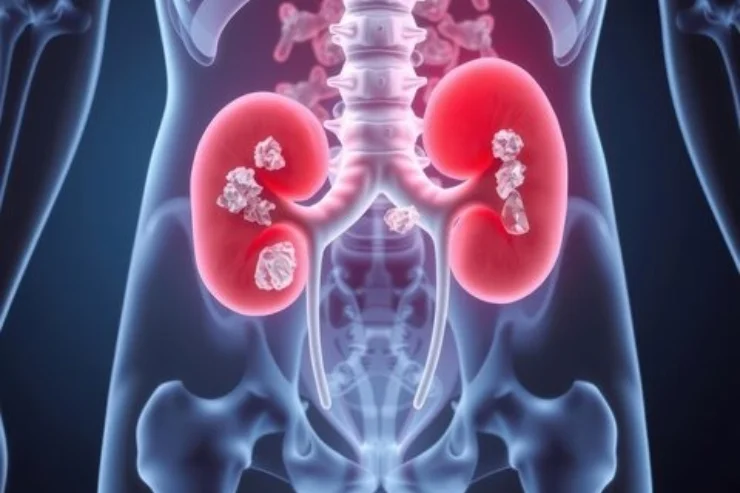Cancer Care for Kidney, Bladder, and Prostate

Cancer Care for Kidney, Bladder, and Prostate
Kidney, bladder, and prostate cancers are among the most common urological cancers, affecting thousands of men and women every year. Early detection and timely treatment are crucial for managing these cancers effectively. Dr. Steve Richards, a leading Consultant Urologist with over 13 years of expertise, provides specialized care for patients with urological cancers, focusing on a personalized and comprehensive approach to treatment.
Kidney Cancer
Kidney cancer, or renal cell carcinoma, often presents with vague symptoms such as blood in the urine, pain in the side, or a lump in the abdomen.
Early-stage kidney cancer may not cause noticeable symptoms, so regular screening and prompt medical evaluation are key. Dr. Richards utilizes advanced imaging techniques, including ultrasound, CT scans, and MRIs, to accurately diagnose kidney cancer.
Treatment for kidney cancer typically involves surgical removal of the tumor through partial or radical nephrectomy, which may be performed via traditional open surgery or minimally invasive laparoscopic techniques. For patients who are not candidates for surgery, targeted therapy, immunotherapy, or cryotherapy may be considered as alternative treatment options.
Bladder Cancer
Bladder cancer commonly manifests with symptoms such as blood in the urine, frequent urination, or painful urination. It can range from superficial tumors to invasive cancers that affect the muscle layer of the bladder. Early detection through cystoscopy and biopsy plays a critical role in managing bladder cancer effectively.
Dr. Richards specializes in transurethral resection of bladder tumors (TURBT), where the tumor is removed via a scope inserted into the urethra, avoiding the need for large incisions. For more advanced cases, a radical cystectomy (removal of the bladder) may be required, along with reconstruction to form a new urinary reservoir. Chemotherapy, radiation therapy, and immunotherapy may also be used depending on the cancer’s stage.
Prostate Cancer
Prostate cancer is one of the most prevalent cancers in men, often developing slowly with few symptoms in its early stages. However, advanced prostate cancer can lead to pain, difficulty urinating, and bone pain. Dr. Richards emphasizes the importance of regular prostate-specific antigen (PSA) testing and digital rectal exams (DRE) for early detection, especially in men over 50.
Treatment for prostate cancer varies based on the tumor’s size, grade, and stage, and may include radical prostatectomy, radiation therapy, hormone therapy, or chemotherapy. Dr. Richards provides both minimally invasive and robot-assisted surgeries, ensuring reduced recovery time, less discomfort, and improved functional outcomes.